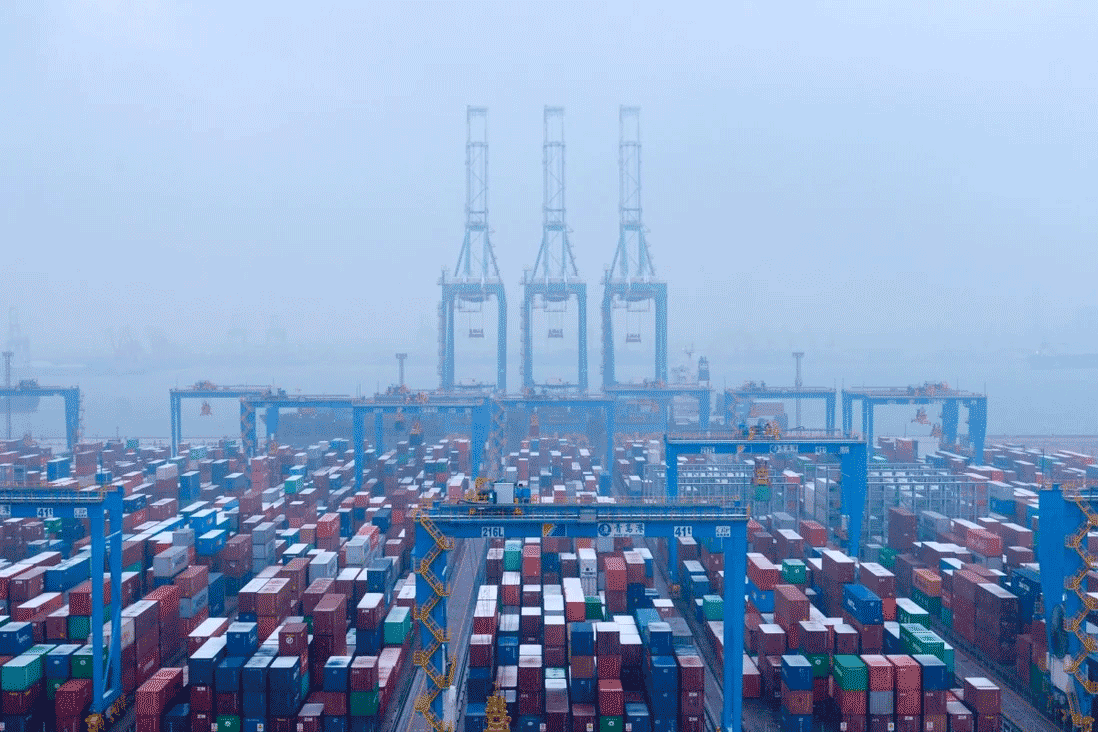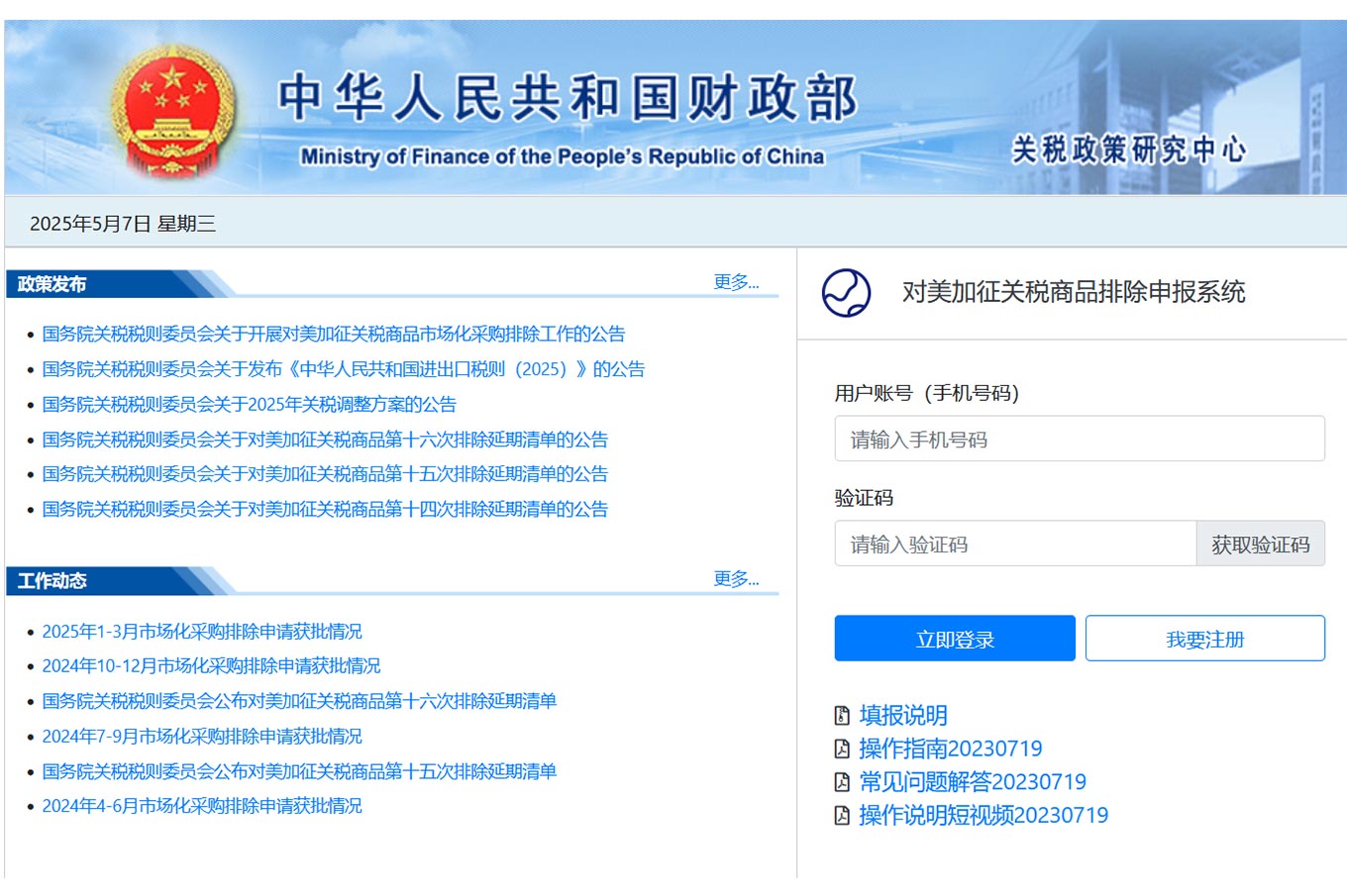- Shanghai Zhongshen International Trade Co., Ltd. - Two decades of trade agency expertise.
- Service Hotline: 139 1787 2118
According to a Reuters report on June 14, the Americans for Free Trade coalition consisting of 173 trade associations recently sent a letter to the Office of the U.S. Trade Representative, requesting the Biden administration to extend tariff exemptions for electric vehicles, batteries,solarand other goods imported from China to July 28. The letter emphasizes that granting more time aligns with public interest and calls for public hearings to allow stakeholders such as manufacturers, retailers, technology companies, agribusiness groups, energy companies, and transportation firms to fully express their views.
Call for Public Hearings
Americans for Free Trade pointed out that before the U.S. government imposed additional tariffs on China in 2017 and 2018, public hearings were held, so the Office of the U.S. Trade Representative should hold hearings again. The groups that co-signed the letter include the Semiconductor Industry Association, Information Technology Industry Council, American Chemistry Council, Beer Institute, National Retail Federation, Halloween & Costume Association, and American Trucking Associations. These groups import and sell large quantities of goods from China and employ tens of millions of Americans through extensive supply chains, so they are concerned that higher tariffs on these goods could have broad impacts on the U.S. economy.
The letter states that they are actively surveying member companies to gather feedback on the expected effects of the proposed tariff adjustments. However, due to the involvement of 387 product categories and submission format requirements, member companies need more time to collect and evaluate this information. As of now, the USTR has not commented on this request.
Divisions Between Support and Opposition
Meanwhile, another policy group led by the United Steelworkers and domestic manufacturing firms is advocating for stricter trade barriers on Chinese imports. The group claims that the U.S. should reinstate a long-expired legal tool enacted when China joined the World Trade Organization (WTO) in 2001 to prevent surges in Chinese imports.
Background on Further Tariff Increases on China
On May 22, the Office of the U.S. Trade Representative announced that, under presidential direction, it would maintain the Section 301 tariffs imposed on China during the Trump administration and significantly increase tariffs on Chinas targeted strategic products, including electric vehicles and their batteries, semiconductors, steel and aluminum products. The new rules will take effect on August 1, with a 30-day public comment period ending on June 28. AP and Reuters analysis pointed out that Bidens move is intended to demonstrate a tough stance on China, but this strategy could trigger broader trade conflicts.
Chinas Response and Countermeasures
Regarding the U.S. decision to increase tariffs on China, a spokesperson for the Chinese Embassy in the U.S. stated that the Chinese government will take all necessary measures to defend its rights and interests, and that raising tariffs will not only disrupt normal economic and trade cooperation between China and the U.S. but also significantly increase the cost of imported goods, causing more losses to U.S. businesses and consumers. A spokesperson for the Chinese Foreign Ministry also noted that the U.S. continues to politicize economic and trade issues, and further increasing tariffs on China is adding mistakes to mistakes, which will only significantly raise the cost of imported goods and make U.S. businesses and consumers bear more losses.
Economic Impact and Prospects
According to Moodys estimates, U.S. consumers bear 92% of the cost of additional tariffs on Chinese goods, increasing annual expenses by approximately $1,300. The protectionist measures by the U.S. will further disrupt the security and stability of global production and supply chains. Against this backdrop, the appeal from 173 U.S. trade associations undoubtedly reflects the deep concerns of the American business community about potential trade conflicts and their economic impacts. Increased tariffs may not only lead to higher prices for goods in the U.S. market but also negatively affect normal trade relations between China and the U.S., ultimately harming the overall interests of the U.S. economy.

Related Recommendations
? 2025. All Rights Reserved. Shanghai ICP No. 2023007705-2  PSB Record: Shanghai No.31011502009912
PSB Record: Shanghai No.31011502009912










